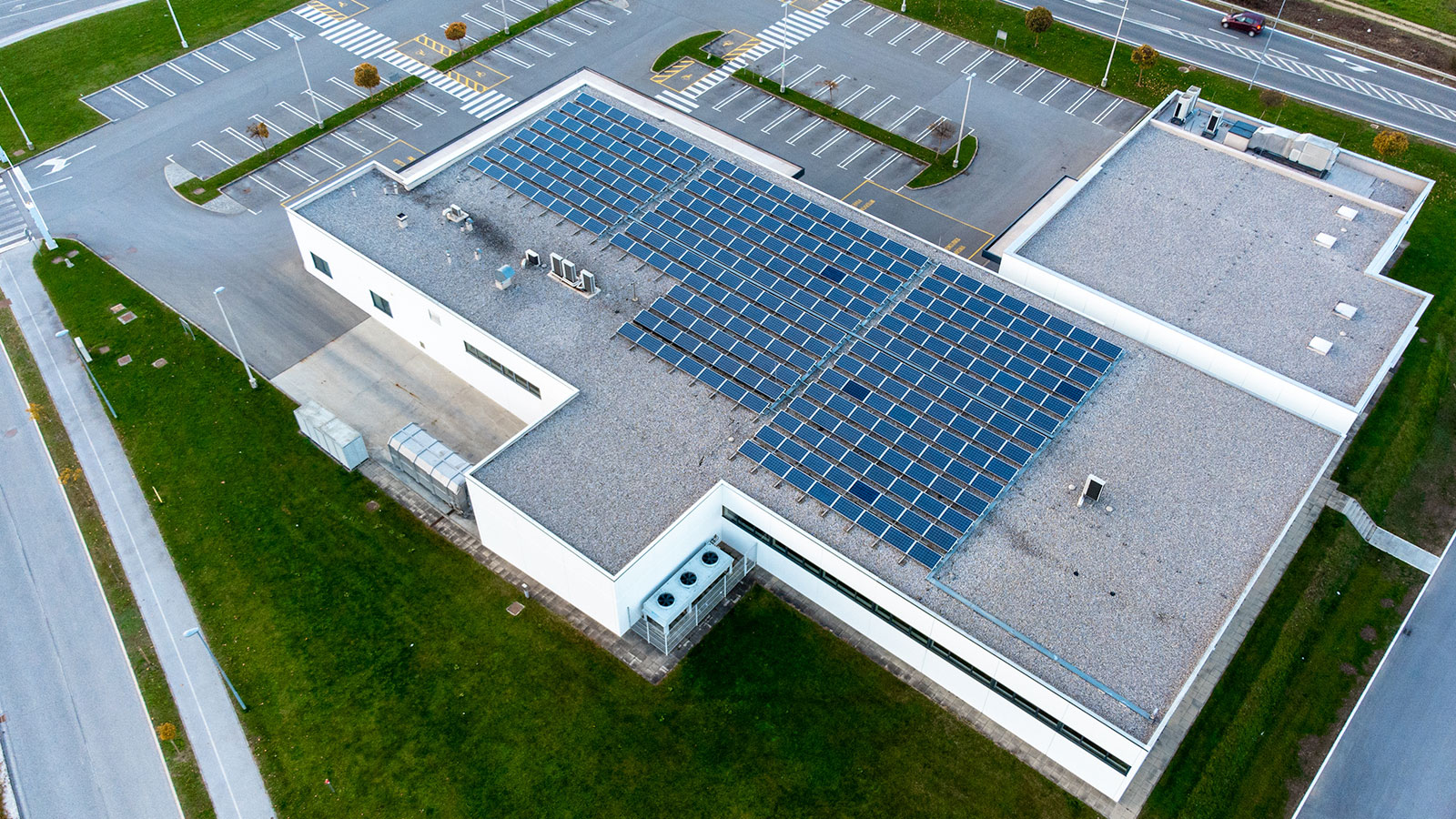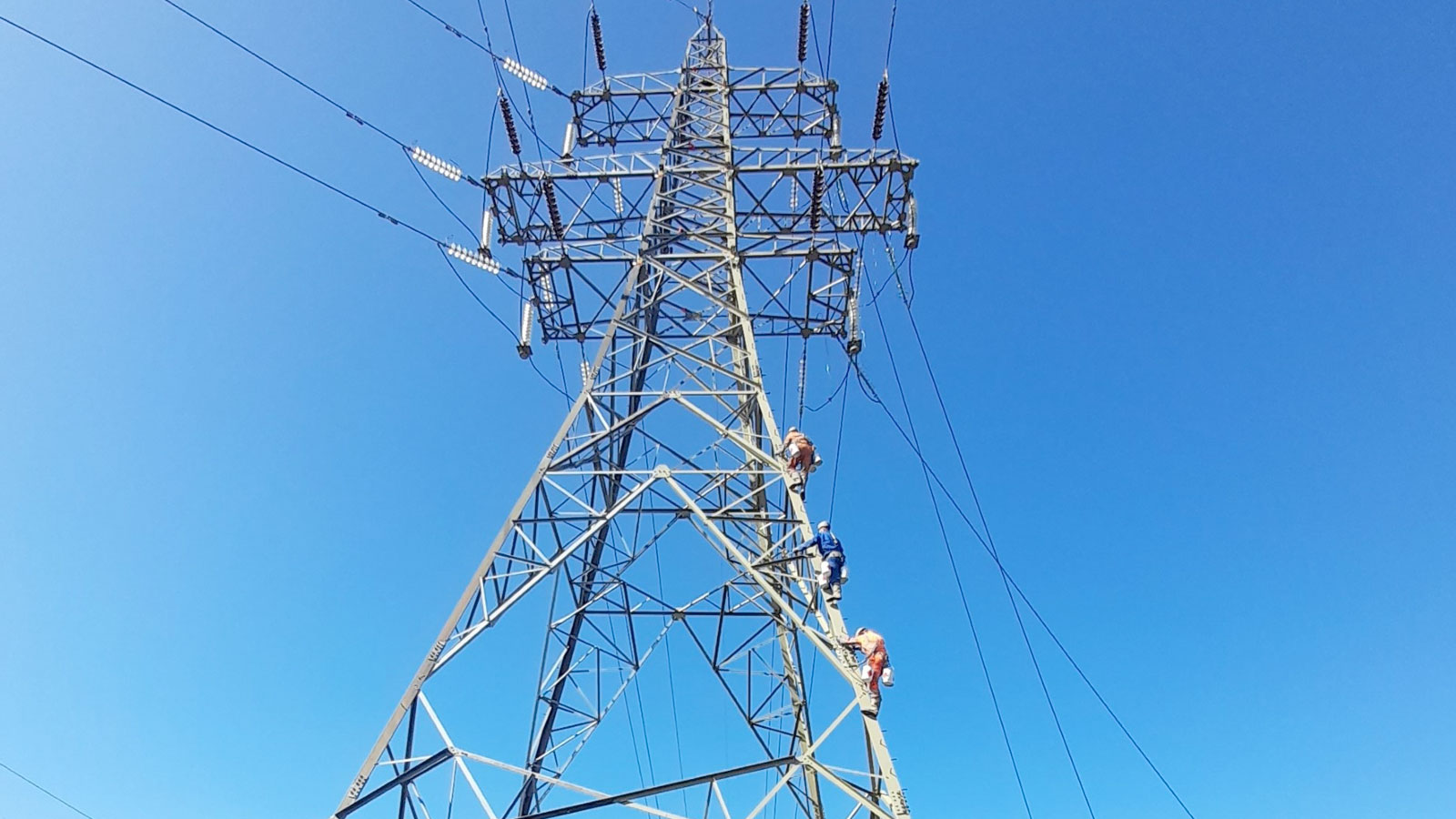Details of the government’s long-awaited Energy Bill have now been published.
The Energy Bill, expected next week, will allow energy providers to charge households for the extra costs of moving towards a low carbon electricity infrastructure, including renewables. The Climate Change Committee (CCC) has estimated the £7.6bn the plan has allocated to low carbon energy will add around £110 to the average household energy bill by 2020.
Angering many, the deal has delayed setting a decarbonisation target for 2030 until 2016. The wind industry, among others, has been calling for a 2030 carbon target to be included in the Energy Bill to ensure wind manufacturing firms with plans to invest in the UK would have long-term certainty there will be a market for their goods.
Renewable UK, however, welcomed the news. Maria McCaffery, chief executive, said: “This is a crucial announcement for the renewable energy sector. The news that there is rock solid support across government for renewable energy, and clear evidence that Treasury and the Department of Energy and Climate Change are in step, provide the industry with exactly the kind of assurances we’ve been calling for. This blows the last few months of political infighting completely out of the water.”
Announcing the plans, energy secretary Ed Davey said the policies will deliver a “clear, durable” signal to investors.
“The decisions we’ve reached are true to the Coalition Agreement, they mean we can introduce the Energy Bill next week and have essential electricity market reforms up and running by 2014 as planned,” he said in a statement. “They will allow us to meet our legally binding carbon reduction and renewable energy obligations and will bring on the investment required to keep the lights on and bills affordable for consumers.”
John Cridland, CBI director-general, said: “This package will send a strong signal to investors that the government is serious about providing firms with the certainty they need to invest in affordable secure low-carbon energy. We now have political agreement on this critical issue and the government should get the bill on the statute books as quickly as possible. As more details emerge, the government should ensure that those households and businesses most vulnerable to increased energy prices are protected.”
Green groups have berated the government for failing to follow the decarbonisation advice of the CCC. Is this, as John Sauven, executive director of Greenpeace, said: “a blatant assault on the greening of the UK economy that leaves consumers vulnerable to rising gas prices, and sends billions of pounds of clean-tech investment to our economic rivals”? I would be interested to hear your views.





